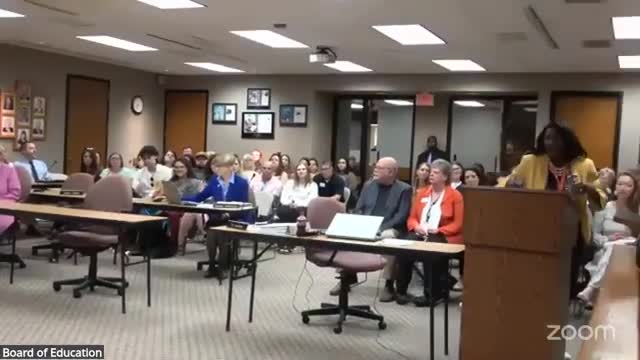Article not found
This article is no longer available. But don't worry—we've gathered other articles that discuss the same topic.
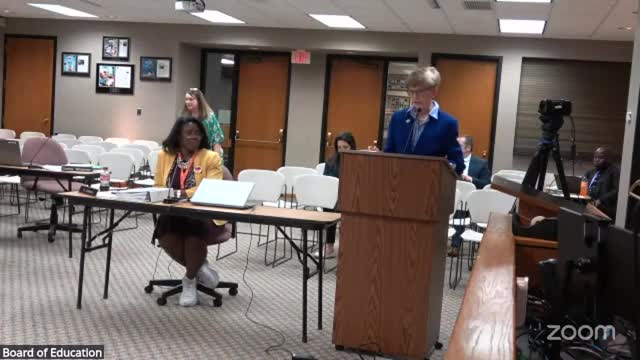
Board reviews housekeeping policy updates, student‑health forms and plans to adopt secondary social‑studies textbooks
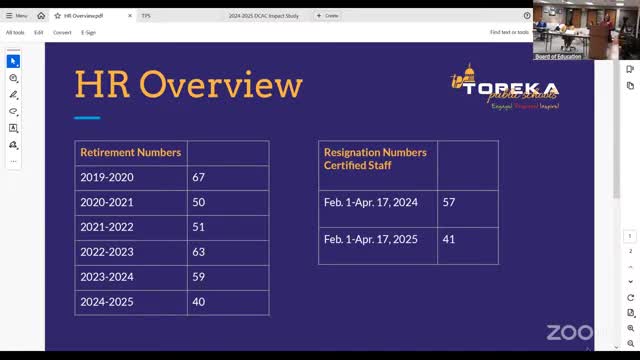
District reports fewer retirements, lower resignations and a surge in active substitutes
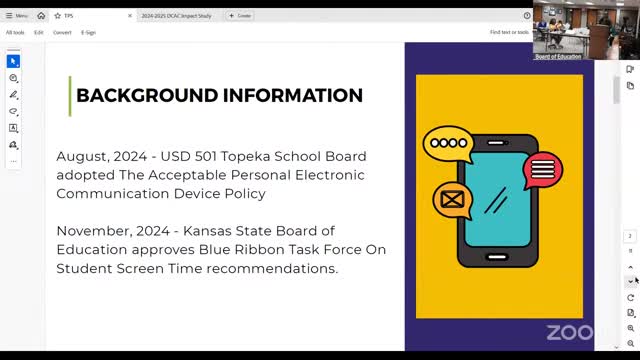
District advisory committee recommends stricter cell‑phone rules, enforcement and family education after brief survey results
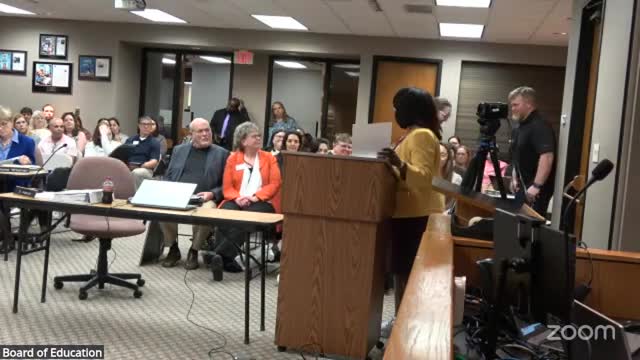
District librarians report 213,000 books, 12,000 devices and 1.5 million minutes logged in reading app

Topeka teacher Scott Sinclair named Kansas Region 2 Teacher of the Year; district highlights peer leadership
